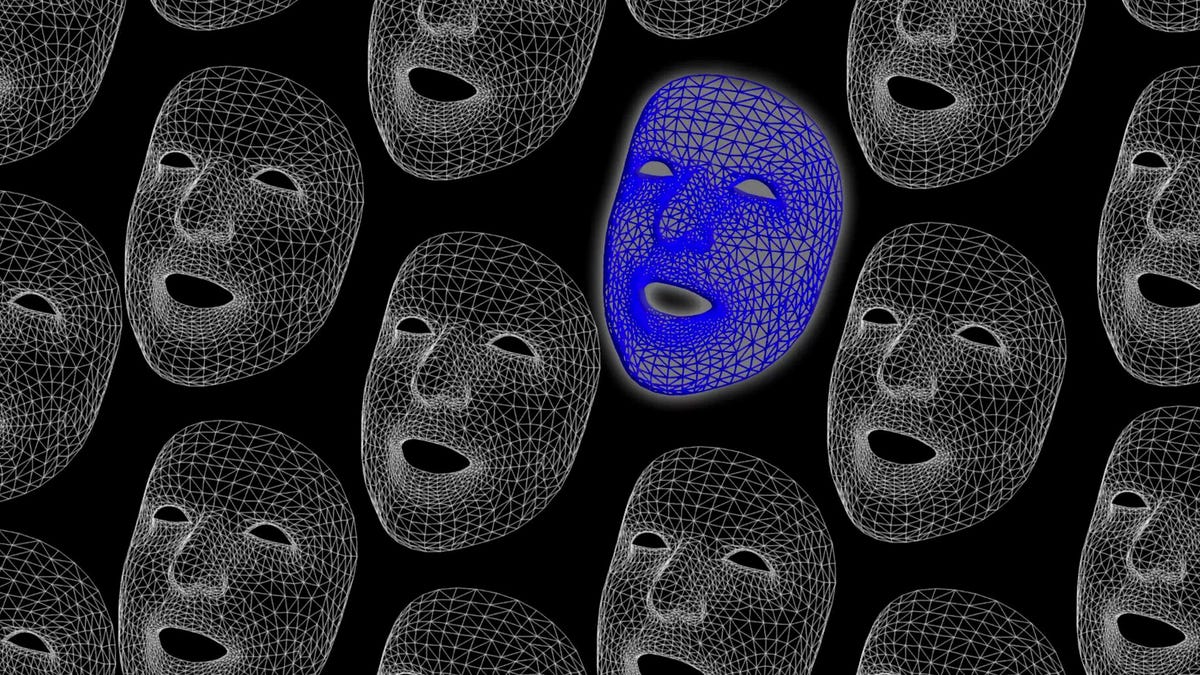US government doesn't know how it uses facial recognition in public housing
The Department of Housing and Urban Development says it doesn't have policies limiting how facial recognition is used in public housing.

HUD said that it doesn't keep track of how many public housing programs use facial recognition.
Lawmakers want to regulate how facial recognition is being used, but the Department of Housing and Urban Development has a significant obstacle: it doesn't keep track of how the surveillance technology can be used on its approximately 1.2 million households.
In a letter from HUD to Sen. Ron Wyden, a Democrat from Oregon, the agency explained that it doesn't know how many of its public housing programs use facial recognition or even how it's allowed to be used.
"The Department does not monitor or track the use of facial recognition technology in federally-assisted properties," Len Wolfson, the agency's assistant secretary for Congressional and Intergovernmental Relations, said in the letter postmarked May 26.
Instead, Wolfson explained, the agency gives oversight to public housing authorities that manage public housing programs. While they may be allowed to purchase video surveillance equipment like cameras with federal funds, facial recognition isn't covered by federal funding, he said in the letter.
But the letter indicated that federal funds could have been used for facial recognition without disclosing it in requests.
"In future years, the Department will request that PHAs indicate their intent to utilize facial recognition technology in conjunction with the security equipment purchased," the letter said.
Tenants have long fought against facial recognition from coming into their homes, like the residents of Brooklyn's Atlantic Towers. Apartment complexes like the affordable housing development in Manhattan's Knickerbocker Village has had facial recognition since 2014.
Beyond the constant surveillance, residents are particularly concerned that facial recognition has been known to misidentify people of color and women more frequently. Knickerbocker Village's facial recognition had plenty of issues recognizing tenants that aren't white, WIRED reported in 2019.
HUD has also never conducted any research or implemented any policies on how facial recognition can be used in public housing, according to the letter.
These concerns lead to the No Biometrics Barrier to Housing Act last July, which would prohibit public housing units that receive federal funding from HUD to use facial recognition. HUD's response in May comes more than six months after Sen. Wyden and a group of members of Congress demanded answers from the agency.
Several tech companies, including Amazon, Microsoft and IBM, changed their policies on facial recognition and how it should be used. It comes after nationwide protests against police brutality and calls for police surveillance reform.
While Amazon and Microsoft's pause on facial recognition would prevent police from using it, it's unclear if that extends to federal agencies like HUD. Lawmakers reached out to Amazon last week demanding answers on if its moratorium applies to federal agencies.
HUD's letter stated that the agency was "committed to evaluating the impact of this technology on public housing residents and developing safeguards for biometric data." While it doesn't keep track of how biometric data is used, the agency said it encourages tenants to provide public comment on potential changes.
The agency didn't immediately respond to a request for comment.
"It's obvious from this response that Housing and Urban Development has a lot of work to do to get a handle on whether facial recognition technology is being used on residents of public housing, who often have no choice in where they live or whether they will be subject to invasive surveillance," Wyden and Sen. Corey Booker, a Democrat from New Jersey, said in a joint statement. " HUD should conduct a thorough investigation into how many public housing authorities are using or are planning to use facial recognition and ban its use in public housing until there are ironclad assurances that it can be used without discriminating against Black, indigenous and other people of color."

